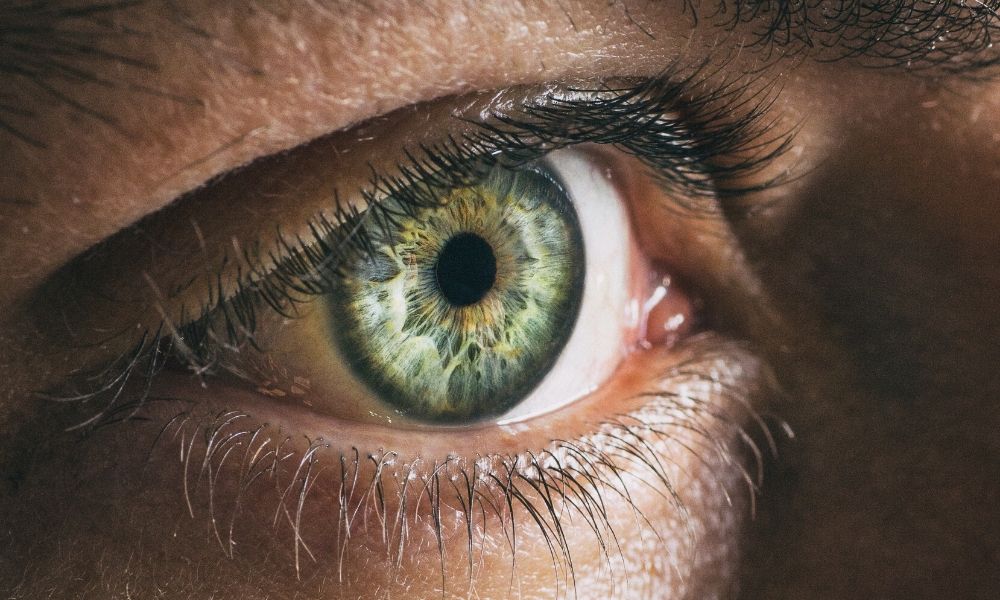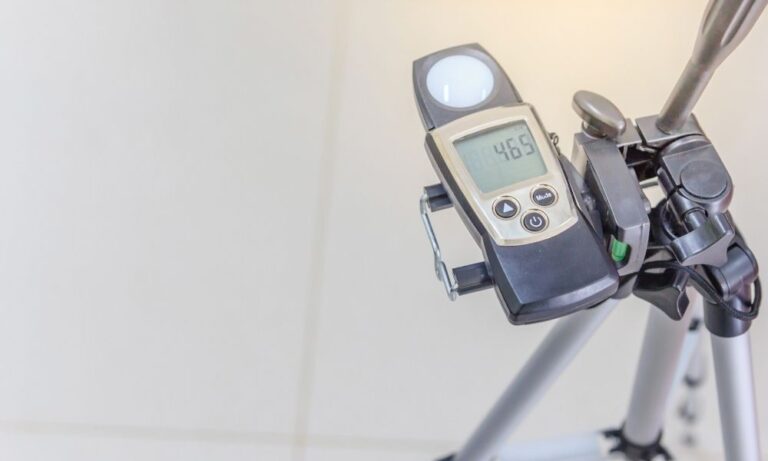Too many people take their ability to see for granted. There’s so much that goes into watching a pretty sunset or a fresh snowfall. Our eyes send messages to our brains to interpret an image a certain way. One thing our eyes must interpret is the amount of light an object transmits or absorbs. This brief article will explain the difference between absorbance and transmittance and describe its real-life applications.
What is Absorbance?
Absorbance is the amount of light that is taken in as it passes through an object. Absorbance is extremely difficult to measure because its value is almost always less than 1. There are many instances where absorbance is applicable in real life. For example, people living in hot climates should never paint their walls dark colors because it will absorb all the light and heat, and their homes will become much warmer. When absorption is high, however, transmittance is really low; the two are essentially opposites.
What is Transmittance?
Transmittance is defined as the light passing through an object that is not reflected or absorbed. It’s relatively easy to determine an object’s transmittance levels. You can either figure this out using an equation or a transmittance measurement device. Transmittance is very applicable to many real-life situations. A clear water bottle has a fairly high level of transmittance because you can see through it, while an object with a medium level of transmittance would have a more opaque appearance.
What’s Next?
Now that we established the difference between absorbance and transmittance, you can be more confident in knowing how the two affect your day-to-day life. Recognizing levels of absorption and transmittance will guide you in making decisions about things such as appropriate glassware and touchscreens for your phone. We here at Gamma Scientific provide companies with the best transmittance equipment to ensure all their tests are done properly.





